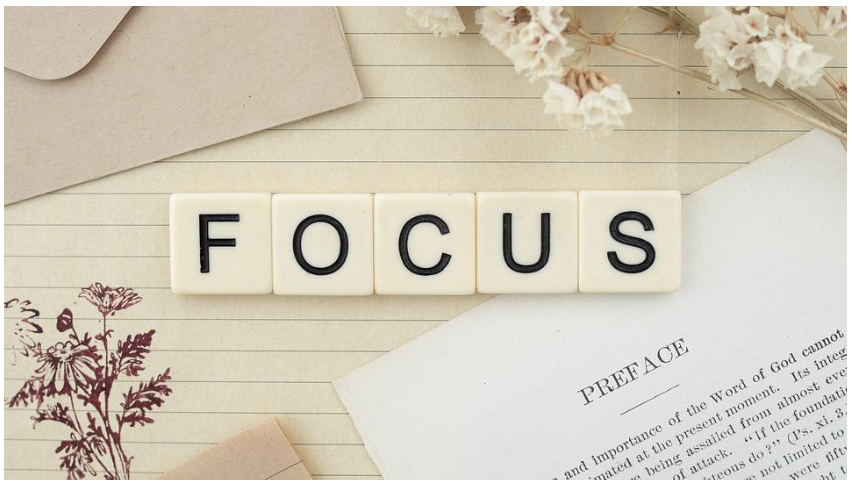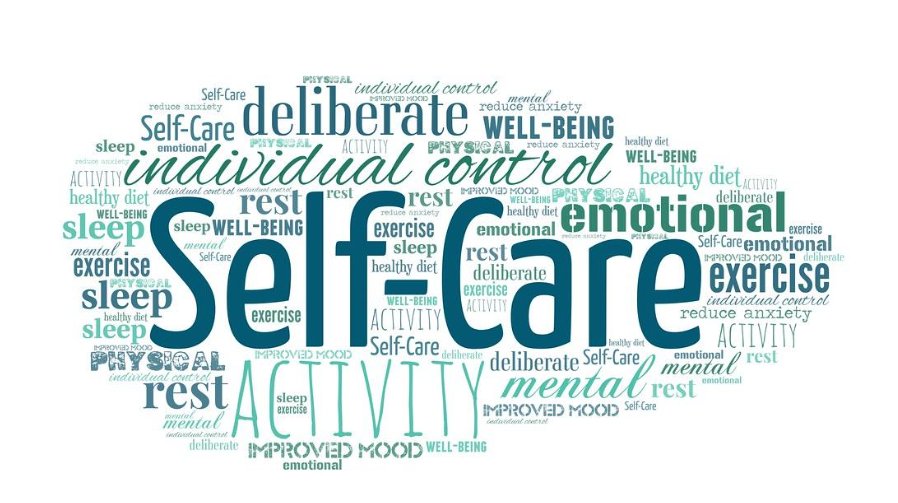
“I felt as if I can never touch a book once again. I was stressed and I did my best to study for the exams, but it seemed that the more I tried, the worse my results were. My grades started to drop and I felt like a failure,” shares Mary, a 3rd-year Psychology student. And she is not alone. The never-ending deadlines, projects, and exams take their toll on many students and feel burnout.
While burnout is a serious issue, there are ways you can recover from it. Here are 5 effective tips from TutorHelp.Club experts to help you overcome this mental health condition:
1. Get up from the bed
When you’re feeling burnt out, the last thing you want to do is get up from your bed and face the world. But that’s exactly what you need to do. Go out for a walk in the park or have coffee with a friend. Take some time out for yourself to relax and rejuvenate.
We recommend you use the 5-minute technique. It involves setting a timer for 5 minutes and doing something that you need to do – whether it’s doing an assessment or practising for an exam. This will help you get started and also break through the initial resistance to doing something.
At the end of the 5 minutes, consider can you stretch yourself for 5 more minutes or not. And keep going like this. This technique will help you ease into things gradually and also give you a sense of accomplishment as you complete small tasks.
2. Focus on the present

When you’re feeling burnt out, it’s easy to get wrapped up in worrying about what tomorrow holds. Instead of letting your mind wander into the future, try focusing on the present moment. Take a deep breath and pay attention to your surroundings – what do you see, smell, or hear? This will help you ground yourself and stay in the present.
Some other stay-in-the-moment techniques include mindfulness meditation and yoga. They both have been shown to help reduce stress and promote relaxation. Sherry shares, “I started attending a yoga class near my house and it really helped me stay calm and focused. Some of the asanas that worked best for me were the child’s pose, relaxing neck and shoulders, and camel pose. I would highly recommend it to anyone feeling burnt out.”
3. Manage your stress levels
Stress can contribute to burnout, so you must find ways to manage your stress levels effectively. Some of the ways you can de-stress yourself include:
- Listening to music: Some music genres are more effective at reducing stress than others. Studies have shown that classical, Indian, and Celtic music can help lower blood pressure and heart rate.
- Organizing your thoughts: Writing down your thoughts can help you process them better and also offer some clarity. Sometimes, all you need is to see your thoughts on paper to find a solution to your problems.
- Talking to a friend or family member: You need someone who really listens to you and cares for your well-being. If you do not have anyone to give you a shoulder, you can always reach out to a therapist or counsellor.
- Going for a walk in the park: Going out for a walk can help you clear your head and also make you feel more relaxed. You can also try some outdoor activities like hiking, jogging, or cycling to release endorphins – the ‘feel-good’ hormones – in your body.
- Reading your favourite book: Reading can transport you to another world and help you forget your troubles for a while. Some books that can perk you up instantly are The Fault in Our Stars, We Are All Completely Beside Ourselves, and Eleanor Oliphant is Completely Fine.
- Spritzing on your favourite perfume or cologne: The smells of certain perfumes or colognes can trigger memories that make you feel happy and loved. If you like scents, keep a bottle handy to spritz it on whenever you’re feeling burned out. You might want to try fragrances like Versace Yellow Diamond or Bulgari Man to tackle stress or nerves. Zara Woman Gold or Davidoff Cool Water is also effective.
Experiment with different techniques until you find what works best for you. When you’re feeling stressed, take a few minutes out for yourself and try out these techniques.
4. Prioritize your health

It’s easy to let your diet and exercise habits fall by the wayside when you’re feeling burnt out. But neglecting your physical health can make things worse. So, make sure you’re eating healthy foods and getting enough sleep each night. As a bonus, exercise is a great way to relieve stress and anxiety.
When you are feeling down, eat a balanced diet. It will help boost your energy levels and give you the nutrients that you need to stay healthy. Some foods that can fight off burnout include bananas, leafy green vegetables, and nuts. They’re all rich in magnesium, which helps promote relaxation.
Make sure that you are getting at least eight hours of quality sleep each night. Sleep helps improve your ability to focus, prevents burnout, and also strengthens your immune system. Some things you can do to improve your sleep include avoiding caffeine late in the evening, not using electronic devices in bed, and avoiding working out right before bedtime.
Exercises you can do at home to relieve your stress include yoga and tai chi, both of which have been shown to reduce anxiety and mental stress.
5. Get a Study Buddy
While studying alone can be helpful, it’s often easier to stay motivated when you have a study buddy. Find a classmate or friend who is in the same course as you and set up regular study sessions with them. Or you can find someone online. Not only will this help you stay on track with your workload, but working with another person can also make studying more fun.
There are some ground rules for studying in a group if you are recovering from burnout, such as:
- Make sure everyone is on the same page and understands the material before you start.
- Don’t be afraid to take breaks. It’s important to stay fresh so you can focus when you need to.
- Keep the environment organized and distraction-free.
- Agree on a time limit for each study session so you don’t end up working too hard and getting burnt out again.
- Make sure to celebrate your successes along the way. Studying can be tough, so it’s important to reward yourselves for a job well done.
If group studying isn’t for you, try taking a different approach to tackle your workload. Consider using apps or other digital resources to aid you in your studies, such as flashcards or time management tools. Not only will this help keep you from getting burnt out again, but it can also increase your productivity and make studying more engaging.
We hope that these tips are helpful for you as you recover from burnout and get back on track with your studies. Do you have any other tips that have helped you in the past? Share them with us in the comments below.



0 responses on "5 Effective Tips for Students on How to Recover from Burnout"